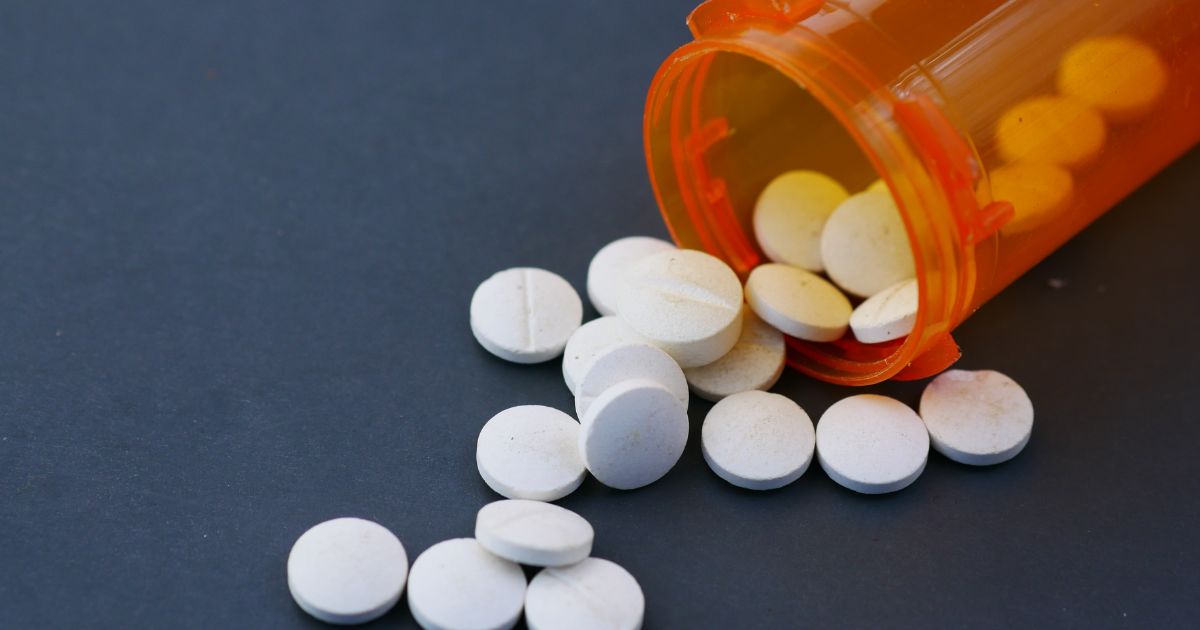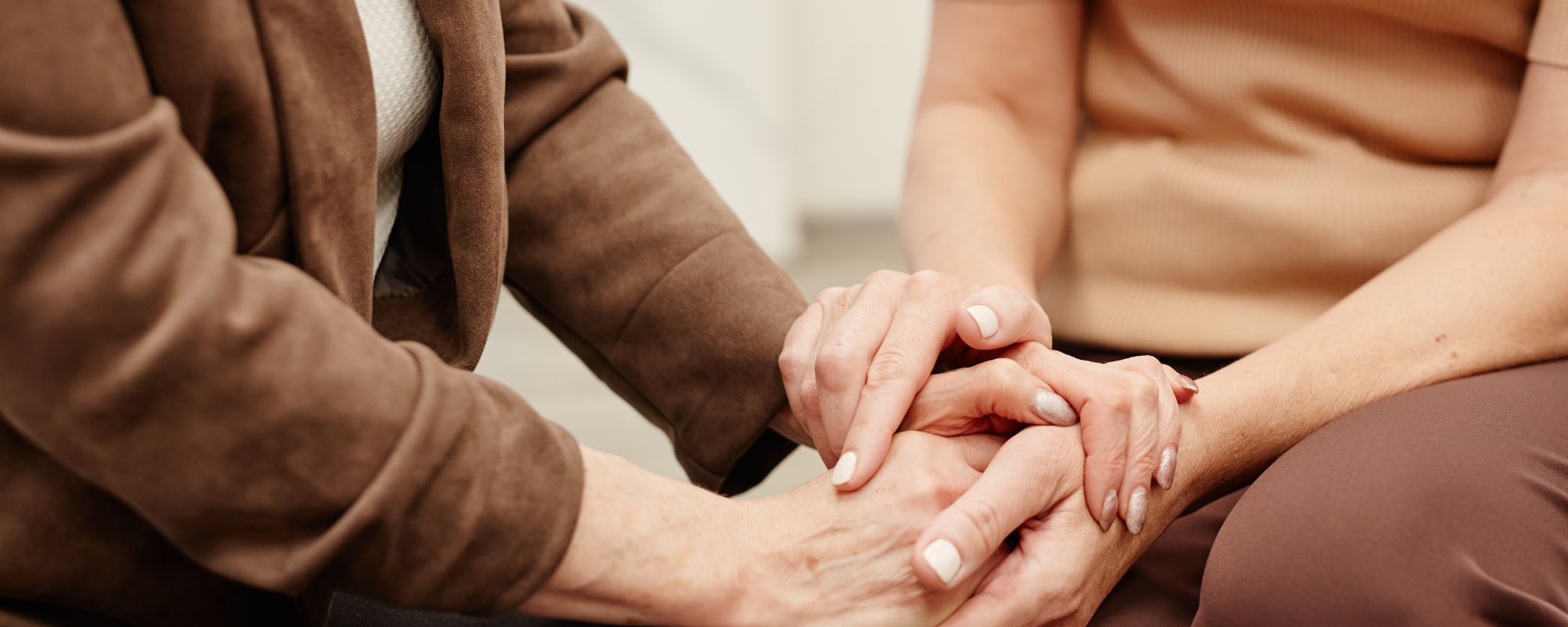In the beginning there was no medication-assisted treatment. Regardless, herds of alcoholics recovered with the help of self-help groups alone. Similarly, opiate addicts, such as jazz singer Billie Holiday, stopped using “cold turkey” while in jail or under similar restricted and oppressive circumstances.
Then physicians and hospitals began detoxifying alcoholics with chlordiazepoxide (Librium) because not doing so often resulted in grand mal seizures and death within 72 hours of their last drink. Herds of detoxified alcoholics left their 72 hour detox and relapsed because they did not attend self-help groups.
By 1950 it became clear that cognitive behavioral therapy (CBT) alone was more useful than medication-assisted treatment (MAT) alone. Also, the potential value of combining CBT and MAT became very enticing. Leaders in the self-help and medical communities shared their experiences, strengths and hope, and merged their resources to form the first substance abuse residential treatment program that mainly delivered recovery-sensitive CBT with a side of MAT.
Today medication-assisted treatment (MAT) combines recovery-sensitive therapies and services with FDA-approved medications to deliver a “whole-patient” approach to the management of substance use disorders.
Why MAT?
Decades of research strongly reconfirms that:
- Drug detoxification and craving-reducing medication alone is less likely to result in sustained recovery when compared to craving-reducing medical, counseling, vocational, educational, and related treatment therapies and services (CBT) alone
- Drug craving-reducing medical, counseling, vocational, educational, and related therapies and services (CBT) alone is more likely to result in 1 year clean than detoxification medication alone
- The combination of recovery-sensitive CBT and MAT provides the best odds of sustained recovery
Your MAT Physician Must Meet Certain Criteria
The U.S. Department of Health & Human Services states that MAT doctors must meet one of the following two criteria in order to qualify:
-
- The doctor must be board certified in addiction medicine or addiction psychiatry by the American Board of Preventive Medicine or the American Board of Psychiatry and Neurology; or
- The doctor provides MAT in a “qualified practice setting.” A qualified practice is a practice setting that:
a. provides professional coverage for patient medical emergencies during hours when the practitioner’s practice is closed;
b. refers patients for recovery sensitive therapy services to residential or intensive outpatient treatment facilities who do not prescribe detoxification or craving reducing medication.
- Federal law requires patients who receive substance abuse treatment to receive medical, counseling, vocational, educational, and other applicable treatment services (CBT), in addition to prescribed medication.
The best MAT physicians are those that meet the above criteria, and affiliated with a quality residential and/or intensive outpatient substance abuse treatment facility that uses medical, counseling, vocational, educational, and other applicable treatment services (CBT) most of the time and prescribes medication behind the scenes.
The optimal balance of CBT and MAT is carefully monitored and documented by residential and intensive outpatient treatment staff.
However people who choose to see a MAT physician in private practice are less likely to get the amount of CBT they would have gotten if they had been in a residential and/or intensive outpatient treatment program.
Consequently, patients seeing a MAT doctor in their private practice tend to maximize the importance of the prescribed medication, and minimize the importance of medical, counseling, vocational, educational, and other applicable treatment services (CBT).
The Goal of Medication-Assisted Treatment
The goal of MAT is sustained recovery, including the ability to live a self-directed life. The MAT treatment approach has been shown to:
- Improve odds of survival
- Increase retention in treatment
- Decrease illicit drug use and associated problematic activity among people with substance use disorders
- Increase patients’ ability to gain or maintain employment
- Improve birth outcomes among women who have substance use disorders and are pregnant
Medication-Assisted Treatment
Types of MAT:
-
- MAT for Opioid Disorder
- Methadone
- Buprenorphine
- Naltrexone
- Naloxone
- MAT for Alcohol Use Disorder
- Disulfiram
- Acamprosate
- Naltrexone
- MAT for Stimulant Use Disorder
- MAT for Nicotine Dependence
- MAT for Opioid Disorder
Reach Out
If you or someone you know is struggling with substance abuse problem, please reach out to our addiction specialists for guidance and support, at (877)-RECOVERY or (877)-732-6837. Our addiction specialists make themselves available to take your call 24 hours a day, 7 days a week. Because We Care.









